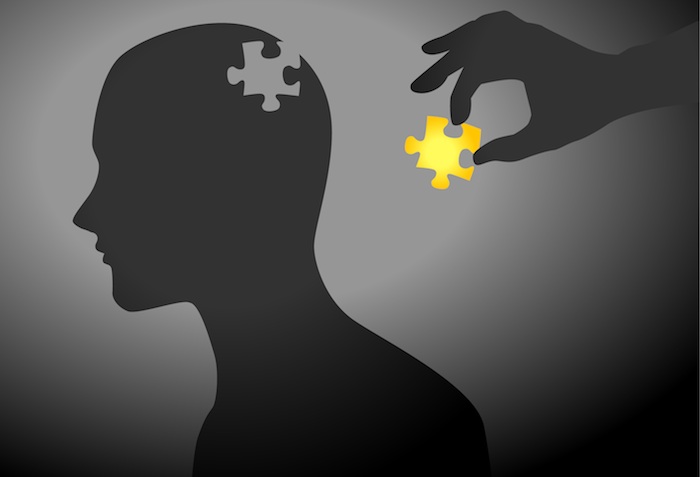So, this happened:
Good Riddance, Carrie Mathison http://t.co/6zNSBK89Eo
— CIA (@CIA) April 5, 2015
That’s an official tweet from the official Central Intelligence Agency to a fictional character — Carrie Mathison of the Showtime series, Homeland. Next season, Carrie will no longer be working for the CIA. The CIA tweet references a Sunday New York Times op-ed by Maureen Dowd which declared that Carrie’s “real-life counterparts” were thrilled that Claire Danes’ character would be no longer an agent:
The C.I.A. sisterhood is fed up with the flock of fictional C.I.A. women in movies and on TV who guzzle alcohol as they bed hop and drone drop, acting crazed and emotional, sleeping with terrorists and seducing assets.
Dowd quotes a number of women in the CIA, including Gina Bennett, who has been an analyst in the Counterterrorism Center for 25 years. Characters like Carrie “can leave a very distinct understanding of women at the agency — how we function, how we relate to men, how we engage in national security — that is pretty off.”
The agents’ personal anecdotes are fascinating: they describe briefing Condolezza Rice while in labor (“I’d tell her about the global jihad and then I would turn away and breathe”) and balancing post-9/11 anti-terror operations with parenting a teenager.
Certainly the women mentioned in the Dowd article are entitled to their opinion. But I think they are missing the larger point. Sure, Carrie Mathison doesn’t accurately portray a female CIA agent and sure, this portrayal is demeaning or unflattering– but she is not meant to mirror the typical female CIA agent. Carrie Mathison is bipolar, compulsively sexual, occasionally predatory. She had a brief, horrifying fantasy about drowning her own baby in a bathtub. She should get to be all of these complicated, unlikeable, screwed-up things. It makes for interesting drama.
The issue is that in a sea of cop shows, FBI shows, CIA shows, etc., there simply aren’t enough female characters, period. If there were, then Carrie Mathison would be just one eccentric female character in a wide range of strong cop-like female characters. And then, her eccentricities would not stand out so harshly. The problem for Carrie, and female characters on television more broadly, isn’t misrepresentation. It’s under-representation. Carrie Mathison is held accountable in this disproportionate way because she’s standing in for everyone.
Men don’t have this problem. This is why you don’t hear male high school science teachers fuming about how Walter White is a meth-cooking sociopath. This is why male homicide detectives didn’t get themselves into a tizzy over the drunk, dishonest practices of Rust and Marty on True Detective. This is why men who worked in advertising in the 1960s aren’t up in arms about Don Draper’s adulterous, alcoholic ways. There are enough men in lead roles to counterbalance these “bad eggs”.
To be sure, there are some female characters who are competent and possess real power onscreen. Parks and Recreation’s Leslie Knope and Empire’s Cookie Lyon come to mind. And even Carrie Mathison, in spite of her emotional malady. But most women, even the so-called successful ones, spend an awful lot of time being sexualized, or at least reinforcing the stereotype that their success comes from sex. The female reporters on House of Cards for example. (And even Carrie Mathison uses sex in furtherance of her mission).
So, yes. This is yet another post and yet another plea for better-written and more female characters. This is the second golden age of television, they say, and this is still a problem.

